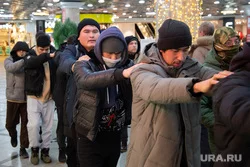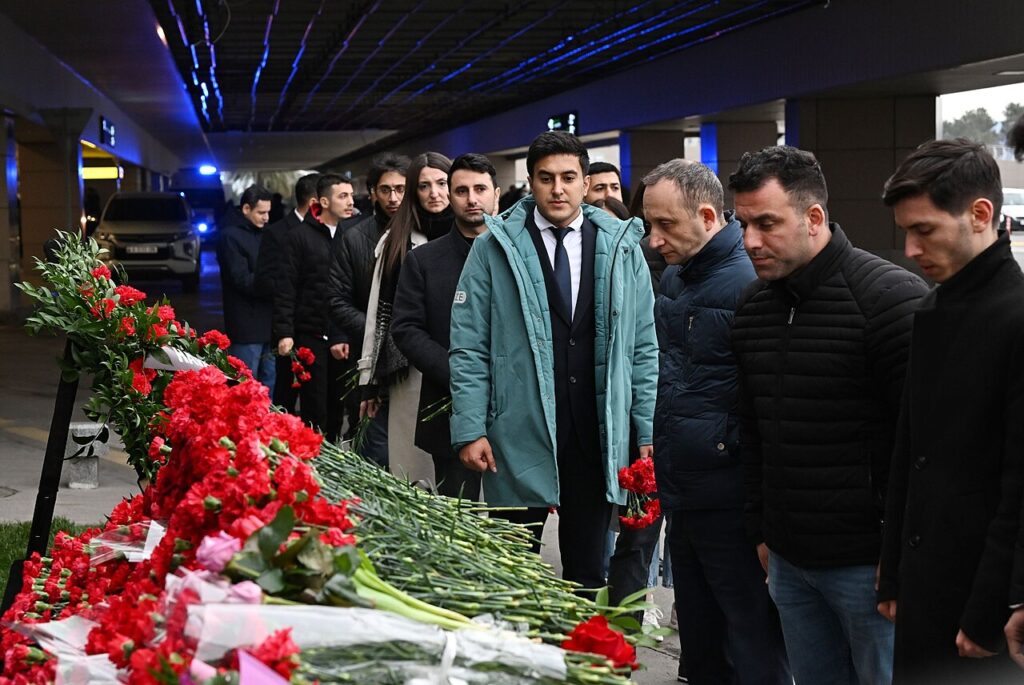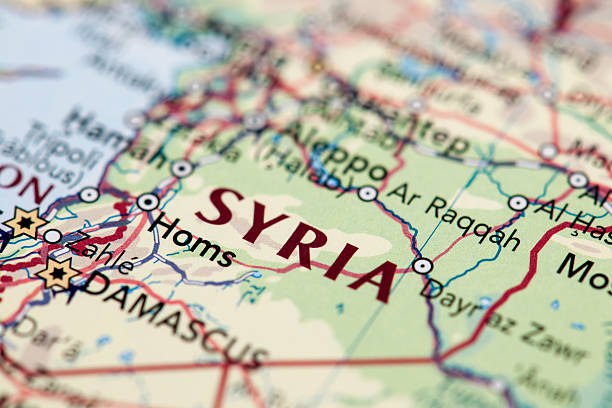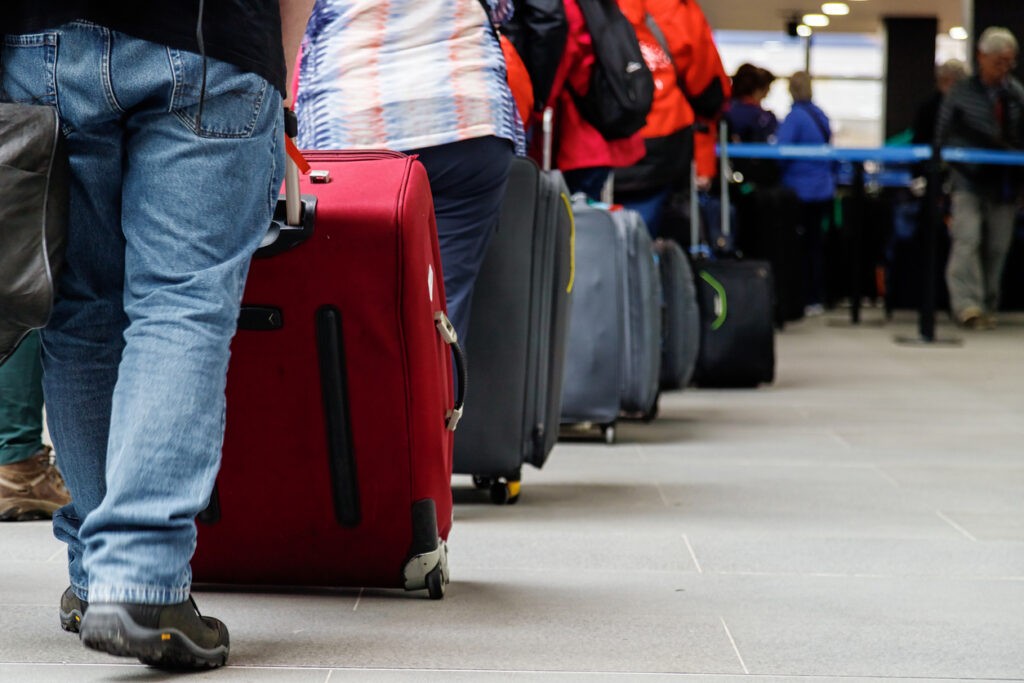Citizens of Tajikistan and Uzbekistan working in Russia will not be able to count on free medical care until 2026 within the framework of compulsory medical insurance (CMI), according to a report by the Ministry of Health of Russia.
Based on agreements with the republics, citizens can be employed only if they acquire voluntary medical insurance (VMI) policies or with the employer’s guarantee to pay for medical care at his or her own expense. Migrants can only receive free emergency medical care.
The Crocus City Hall terrorist attack prompted the Russian Interior Ministry to take a number of restrictive measures relating to migrants. Among the planned changes are a reduction in the term of temporary stays by foreigners to 90 days per calendar year, introduction of mandatory biometric identification at entry, and the creation of digital profiles for foreigners.
There are also more radical proposals. For example, Sergei Mironov, chairman of the Just Russia – For Truth political party, said that he believes it’s necessary to introduce a visa regime between Russia and Central Asian countries.
Labor migrants remain one of the most vulnerable parts of the population, and Uzbekistan has in recent years taken a number of measures to protect their interests both inside and outside the country. A recent decree by President Shavkat Mirziyoyev provides for reimbursement of expenses for taking qualification exams in foreign languages and professional trades of up to $80, for applying for a work visa of up to $134, and for buying travel tickets of up to $53. In addition, migrants are provided with subsidies for insurance for the migrant laborer and his or her family members, as well as guaranteed free medical examinations for them. Workers abroad whose rights may have been violated can count on free legal counsel. They can also contact 24-hour migrant support call centers in case of difficult situations.
The Ministry of Employment of Uzbekistan is currently negotiating the opening of representative offices or centers in Great Britain (London), Germany (Berlin), Turkey (Istanbul) and Saudi Arabia (Riyadh) to provide legal assistance to migrant workers. The state employs workers returning from labor migration or provides subsidies to start their own businesses.









